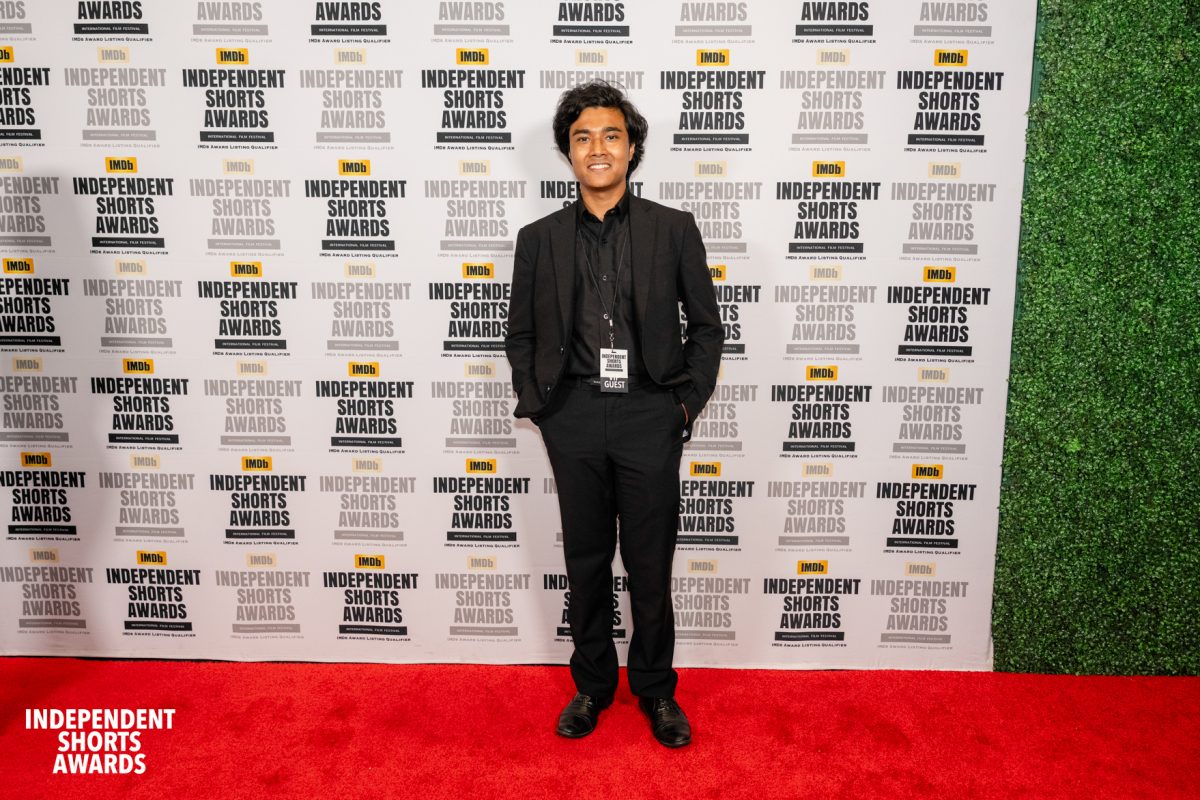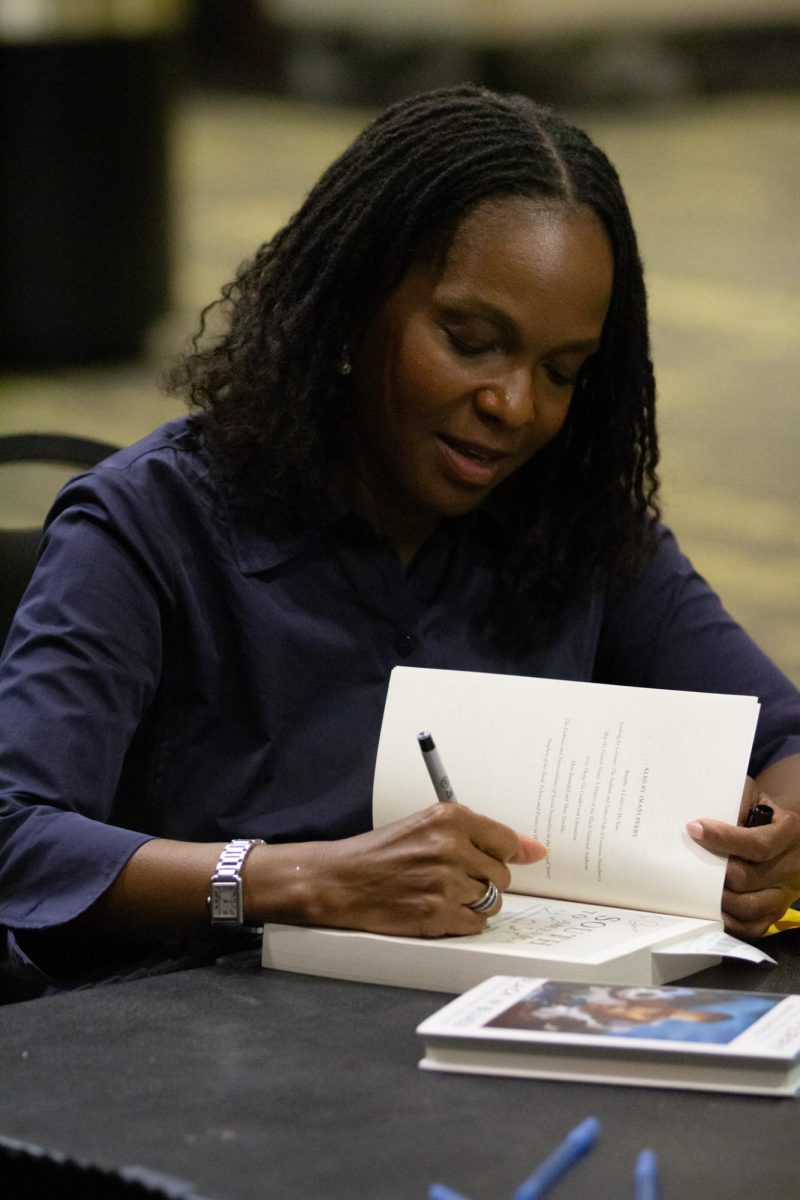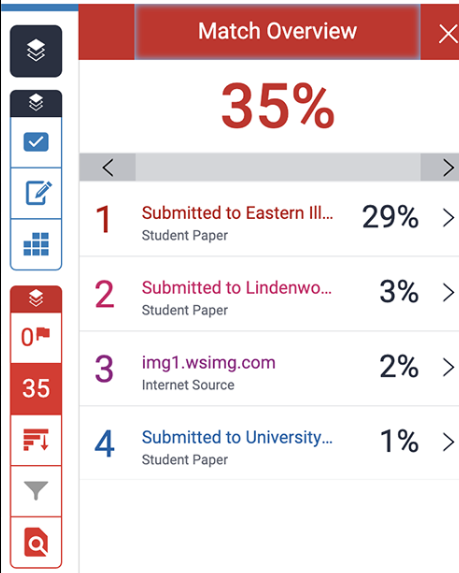The Student Government Association held its fourth constitutional convention on Monday, July 30. The meeting addressed a plethora of issues from their Election Code and Senate by-laws. Among the changes proposed by the committee include a reorganization of the Senate composition method to work in tandem with the new academic reorganization, the addition of different liaisons and new rules for candidates to follow involving the new online voting system.
The meeting was live streamed via the SGA Facebook account in the SGA conference room. SGA President McKenna Stone, Vice President Corai Jackson, Chief of Staff Angel Lovett, Attorney General Lauren-Hunter Gaudet, Treasurer Matthew Keller, Senate President Pro Tempore Caroline Carney, Election Commissioner Katie Rogers and Judicial Board representative Reid Renfroe attended the meeting.
Among the revisions, there is a new structure of the SGA Senate that reflects the new academic reorganization. The new system Jackson proposed will have a senator to represent each individual school within the various colleges.
“This [new organization] means that each student is insured representation by at least campus at large, but also by their representation in their school and if not in their school, in their college,” Stone said.
Stone was asked to do a phone interview for further comment regarding Senate reorganization on Friday, Aug. 3. Stone responded via e-mail stating should be able to do so Monday, Aug. 6. After being asked again on Monday, Aug. 6 Stone responded via email:
“Unfortunately my calendar is booked for the day, as SGA President, my calendar will fill up very quickly this year with meetings and obligations. I am happy to schedule interviews with the Student Printz, but I must emphasize the work schedule. My duties and obligations will not give me such flexibility this year, so I request that we schedule interviews/meetings at least 24 hours in advance. I want to ensure I’m able to dedicate my full time and undivided attention to our conversations, so It will be best to block off that time ahead of schedule. Once again, I am happy to answer any questions over e-mail today. Please let me know if you like to meet another day this week.”
If implemented, the new method will leave the Senate with three fewer senators, which they will fill with campus-wide senators-at-large. For every increase of 2000 students in a fall semester, they will add another senator for the campus at-large.
“It makes sense for our campus at-large to be representative to our student population,” Jackson said.
Jackson claimed that student population increases every year, so this quota would be filled under those conditions. According to the Southern Miss Office of Institutional Research, however, the number of freshman students that have enrolled between 1,527 in 2015 at its lowest to 1,875 at its highest in 2017. The information does include transfers or students that drop out between their freshman and sophomore years.
The committee agreed that they will not put this proposal into effect until the Senate can vote on it. Jackson also proposed the addition of press, graduate student and faculty liaisons in the by-laws. The liaisons will be appointed by the senate president to act as mediators for the different groups they represent.
In the Election Code, the committee proposed the addition of a new section, barring candidates from setting up electronic devices to force or encourage students to vote. If a candidate is found establishing his or her own voting station, they will lose their campaign privileges.
“This is just a way to protect students and make sure a vote is not being forced onto them,” Rogers said. “We want to offer all avenues possible for students to vote, but we don’t want candidates forcing their votes.”
Carney asked if they could track such incidences, to which Rogers said it is difficult to do at the university level.
The committee stressed updating the election code to work with the new online voting system. They proposed building QR codes specifically for candidates that will include the SGA logo. The QR code is planned to be placed on all promotional material excluding social media.
While on the subject of promotional material, Keller brought up changing the term, “sponsored by SGA,” on all promotional material for candidates.
“It isn’t SGA money that pays for the materials, so they are not sponsored,” Keller said. “It’s personal stuff, so shouldn’t it be ‘in conjunction with,’ or a partnership?”
The committee settled the debate with changing the word ‘sponsored’ to ‘approved’ in the statement to clarify.
“SGA sponsors the election. We run the tables. We have the manpower. We put the money into that, but we don’t sponsor the [candidates] materials,” Stone said.
Rogers explained candidates are already required to have the SGA logo on all campaign materials, so the QR code would not only fill the void but also help to promote the new online ballet system
Rogers said because she is in charge on the elections, a conflict of interest would occur if she were able to endorse a candidate. She also stated a conflict of interest could occur with the Attorney General in the case of a recall election or appeal which she extended this to the Judicial Board as well.
Rogers also proposed Judicial board members be barred from serving on the election commission, again, due to a conflict of interest.
Other issues brought up by the committee during the meeting consisted of changing verbiage, reducing or increasing deadlines, clarifying sections, removing sections and adding an interviewing process for candidates filling a vacancy.
The SGA constitutional committee planned for at least one more meeting before the start of the fall semester to review the rest of the Senate by-laws and the formatting of the constitution. As of August 6, minutes for the fourth constitutional convention meeting have not been posted.

































